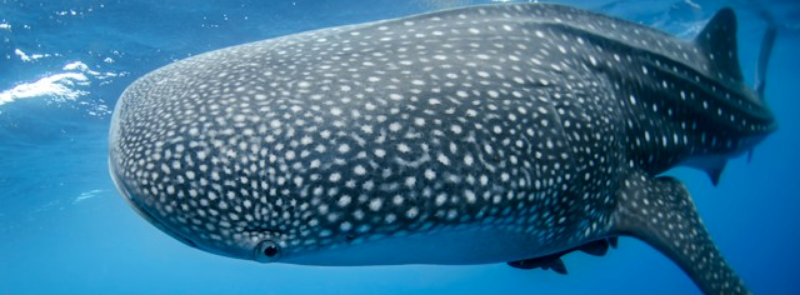
When It Occurs
Every August 30th
Timeline
Days Passed (1)
# Hashtags
#InternationalWhaleSharkDay #WhaleSharks
On August 30th, International Whale Shark Day seeks to raise awareness about the majestic sea creature known as the whale shark. The declining population of these gentle giants emphasizes the urgency for their protection and conservation, captivating marine biologists and aquatic enthusiasts alike.
While whales and sharks are familiar, have you ever heard of the whale shark? Whale sharks belong to the category of filter-feeding carpet sharks. Despite their immense size, they are recognized as gentle giants.
Background and History
-
Origin: International Whale Shark Day was established to celebrate and promote the conservation of whale sharks, which are listed as vulnerable by the International Union for Conservation of Nature (IUCN) due to threats such as bycatch, habitat degradation, and illegal fishing.
-
Date: It is observed on August 30th each year. The date was chosen to coincide with the peak of whale shark season in many parts of the world, providing an opportunity to highlight the importance of protecting these majestic creatures.
Objectives
-
Raise Awareness: The primary objective of International Whale Shark Day is to raise awareness about the conservation status and ecological significance of whale sharks.
-
Educate the Public: It aims to educate the public about the biology, behavior, and habitat needs of whale sharks, as well as the threats they face.
-
Promote Conservation Efforts: The day encourages governments, conservation organizations, researchers, and individuals to take action to protect whale sharks and their marine habitats.
Activities and Ways to Celebrate
-
Educational Programs: Aquariums, marine conservation organizations, and educational institutions may host events such as talks, workshops, and exhibitions to educate the public about whale sharks and marine conservation.
-
Community Events: Coastal communities and tourism operators may organize beach cleanups, snorkeling tours, or boat trips to observe whale sharks responsibly and promote sustainable tourism practices.
-
Social Media Campaigns: Conservation organizations and individuals may use social media platforms to share information, stories, and images of whale sharks, as well as promote conservation messages and actions.
How to Participate
-
Learn About Whale Sharks: Educate yourself and others about whale sharks, their biology, migration patterns, and conservation status.
-
Support Conservation Efforts: Donate to or volunteer with organizations dedicated to whale shark research, conservation, and protection of marine habitats.
-
Practice Responsible Tourism: If you have the opportunity to observe whale sharks in their natural habitat, ensure you do so with licensed operators who follow responsible wildlife viewing guidelines to minimize disturbance and protect the animals.
Impact and Significance
-
Conservation Awareness: International Whale Shark Day raises global awareness about the importance of conserving whale sharks and their role in marine ecosystems.
-
Community Engagement: It fosters engagement and collaboration among governments, conservation organizations, researchers, communities, and individuals to work together for the protection of marine biodiversity.
-
Promoting Sustainable Practices: The day promotes sustainable fisheries management, marine protected areas, and responsible tourism practices to ensure the long-term survival of whale sharks and other marine species.
Conclusion
International Whale Shark Day celebrates the beauty and importance of whale sharks while highlighting the need for their conservation. By participating in activities and initiatives on this day, individuals and organizations can contribute to global efforts to protect marine biodiversity, promote sustainable practices, and ensure a future where whale sharks continue to thrive in healthy oceans.


